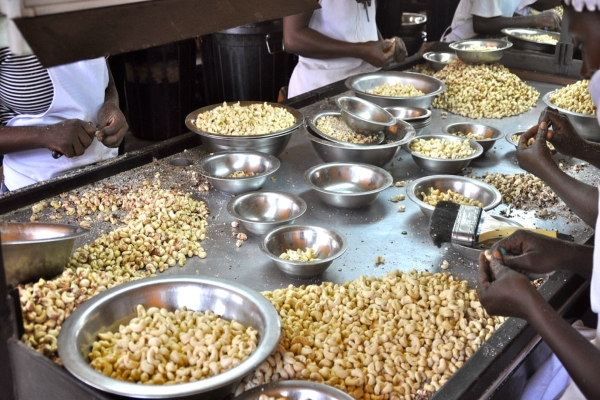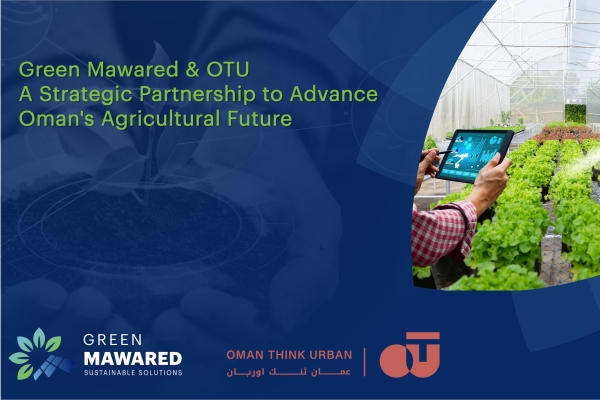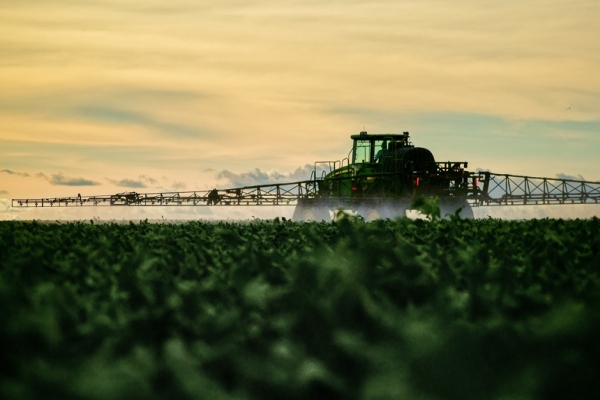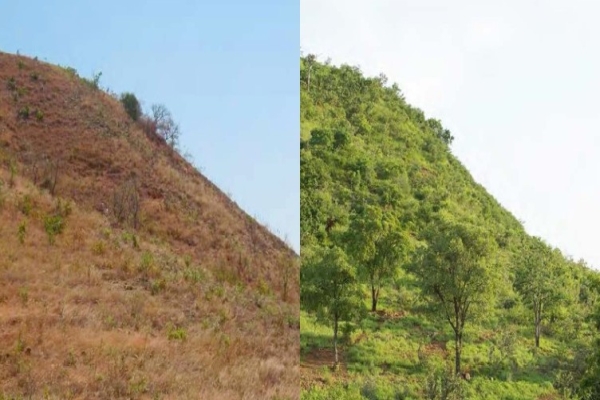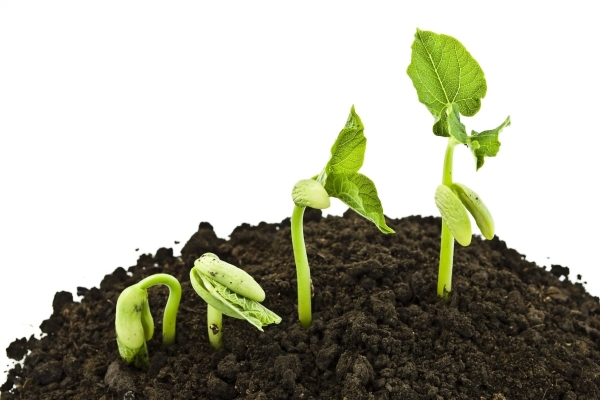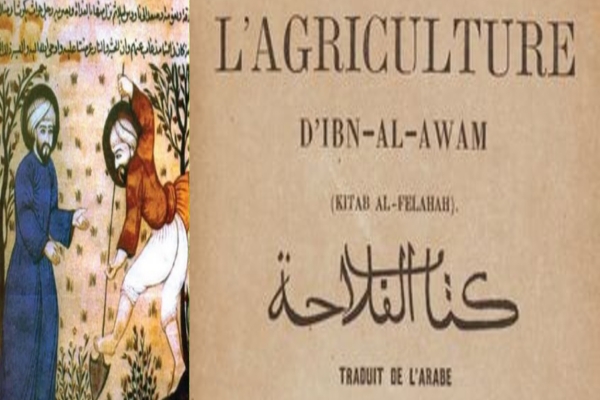The Role of Smallholder Farmers in Enhancing National Food Security
- مارس 3, 2025
- 2 minutes
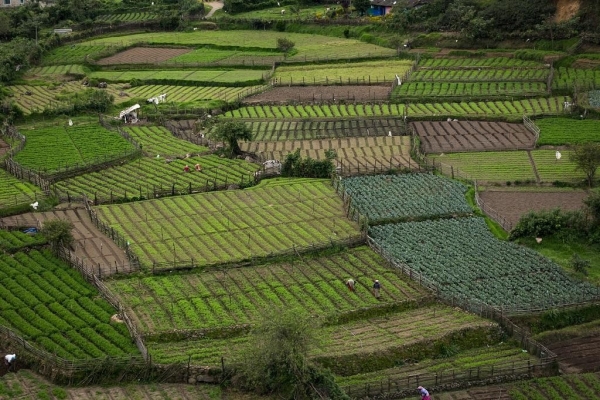
Food security is a critical issue for nations worldwide, especially as populations grow and climate change threatens agricultural productivity. While large-scale commercial farms often dominate discussions about food production, small farms and smallholder farmers play an equally vital role in ensuring national food security. These small-scale producers, who often cultivate less than five hectares of land, contribute significantly to food availability, diversity, and resilience. Their role is particularly important in developing countries, where they form the backbone of rural economies and food systems.
The Contribution of Small Farms to Food Security
Smallholder farmers are responsible for producing a substantial portion of the world’s food. According to the FAO Agriculture Organization (FAO), small farms produce over 70% of the global food supply, particularly in regions like Sub-Saharan Africa and Asia. These farmers grow a diverse range of crops, including staple foods like rice, maize, and beans, as well as fruits, vegetables, and livestock. This diversity not only ensures a steady supply of food but also enhances dietary nutrition, which is crucial for combating malnutrition.
For example, in Kenya, smallholder farmers account for 75% of the country’s agricultural output. They grow crops such as maize, beans, and potatoes, which are staples in the Kenyan diet. By supplying local markets, these farmers help stabilize food prices and ensure that even low-income households have access to affordable, nutritious food. This localized production reduces dependence on food imports, which can be vulnerable to global market fluctuations and supply chain disruptions.
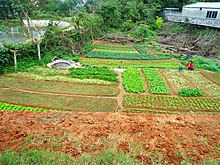
Resilience and Sustainability
Small farms are often more resilient to environmental and economic shocks than large-scale commercial operations. Their diverse cropping systems and traditional farming practices make them better adapted to local conditions, including unpredictable weather patterns. For instance, in India, smallholder farmers practicing agroecology—a method that integrates ecological principles into farming—have been able to maintain stable yields despite erratic monsoons and droughts. By using organic fertilizers, crop rotation, and intercropping, these farmers reduce their reliance on expensive inputs like synthetic fertilizers and pesticides, making their operations more sustainable and cost-effective.
Empowering Smallholder Farmers
Investing in smallholder farmers is a proven strategy for enhancing food security. Governments and organizations can support these farmers by providing access to credit, modern farming technologies, and extension services. A notable example is the success of Vietnam’s smallholder rice farmers. Through government-led initiatives that provided improved seed varieties, training, and market access, Vietnam transformed from a food-deficient country in the 1980s to one of the world’s largest rice exporters today. Smallholder farmers were at the heart of this transformation, demonstrating how targeted support can unlock their potential.
Challenges and the Way Forward
Despite their contributions, smallholder farmers face numerous challenges, including limited access to land, finance, and markets. Climate change further exacerbates these issues, threatening crop yields and livelihoods. To address these challenges, policymakers must prioritize inclusive agricultural policies that empower smallholder farmers. This includes investing in rural infrastructure, promoting climate-smart agriculture, and strengthening farmer cooperatives to improve market access.
#FoodSecurity #SmallholderFarmers #Sustainability #Agriculture #Resilience

